Graham Reid | | 5 min read
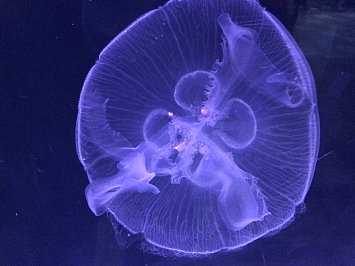
Any honest writer will admit to this: another writer will express their idea better than they can themselves.
The other day I came upon these words in the hypnotic new novel In Ascension by Martin MacInnes. It's about being in the ocean.
“Nothing made the slightest sound; no thudding in my ears from the water pressure, no chattering voices in my head. I gazed at the scene, hanging horizontally, suspended beneath the surface, no further movement to cloud my vision, as if from nowhere I realised, suddenly, with appreciation, that absolutely everything around me was alive”.
I read these words and the rest of that early chapter – “I didn't look through the water towards life, I looked directly into water-life, a vast patchwork supporting my body” – over and over.
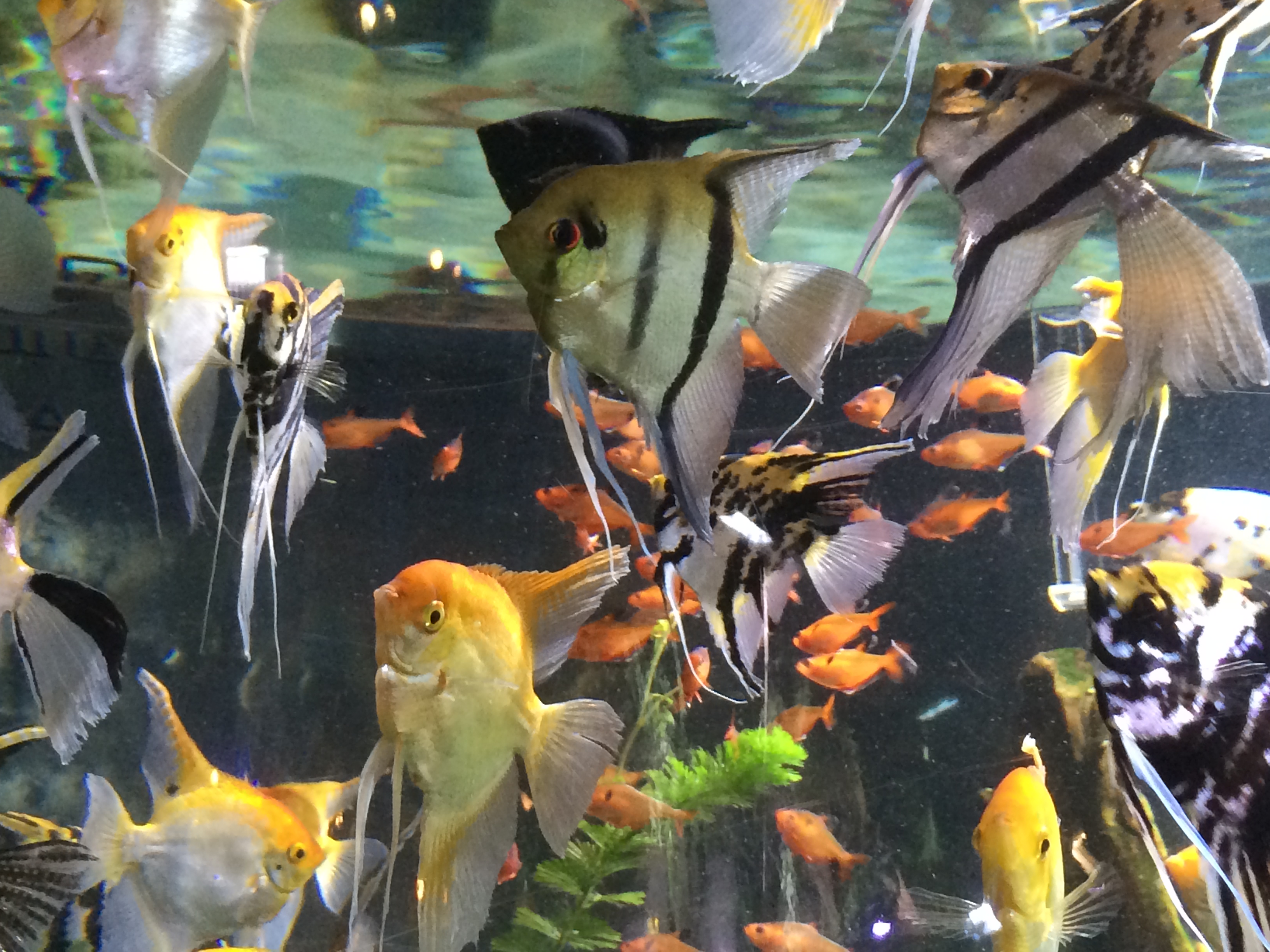
And that was all down to my ignorance because I was someone who, at one point in my life, wanted to be a marine biologist.
Although, as I have admitted, I was probably more drawn by the glamorous life of Jacques Cousteau bobbing around the Med or the Azores under endless sunshine while surrounded by alluring women in bikinis.
Forgive me, I was only in my late teens.
But up until a memorable day on a distant island in Thailand when I put on a snorkel and entered the warm water, my experiences had all been at a distance, removed from my physical body.
On television I had watched black'n'white Sea Hunt with Lloyd Bridges avidly in those years before I discovered the colourful world of Cousteau and his crew of The Calypso.
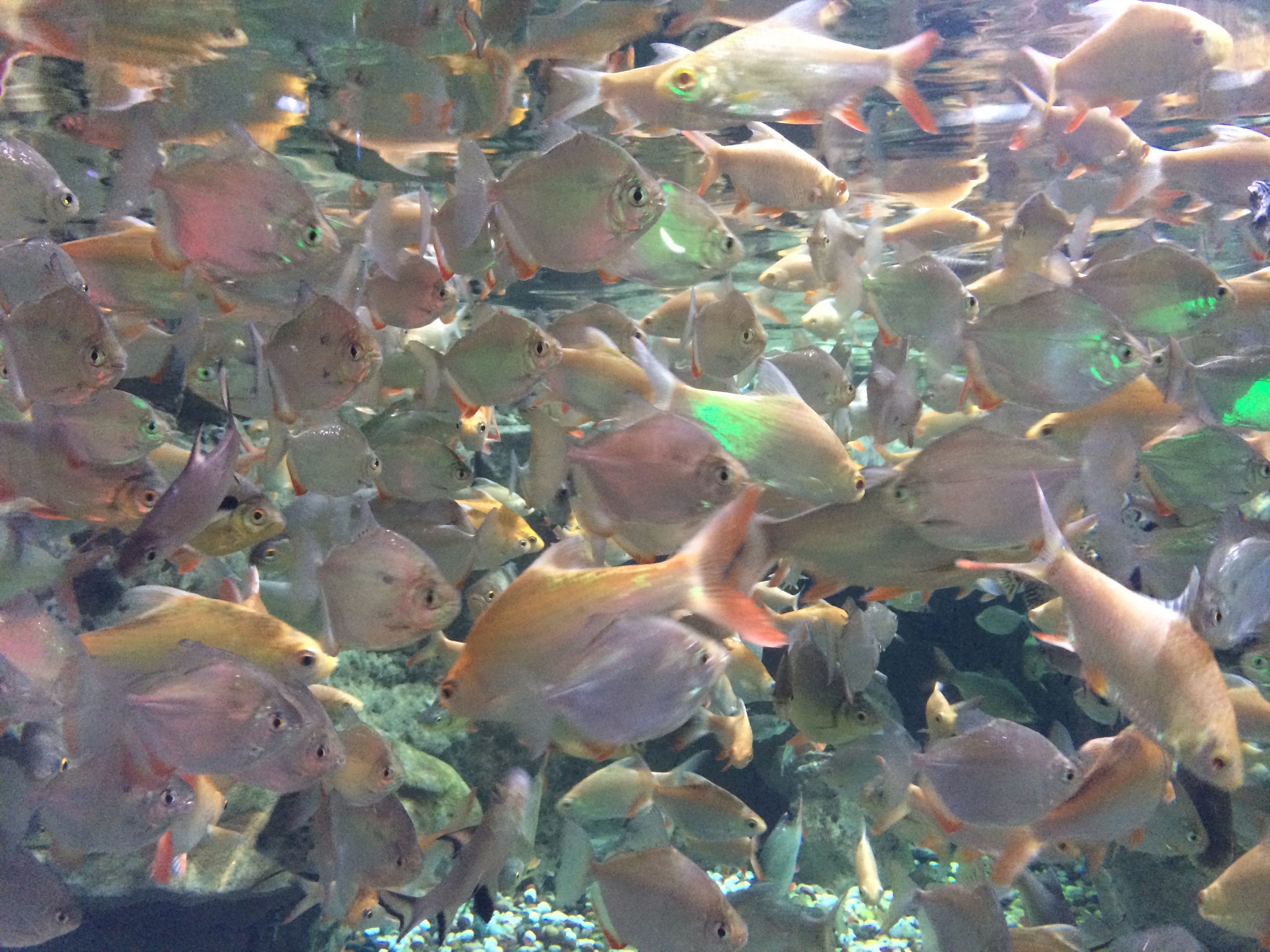
I should say however I have always loved swimming and grew up close to the ocean. But the waters around New Zealand were often cold, murky and bereft of colourful fish. A couple of experiences at Goat Island north of Auckland were interesting but hardly earth-shattering.
Mostly I was in water where the visibility was just a few metres at best and sprats had to pass for marine life.
But decades after I had abandoned any hope or interest in being a marine biologist – more correctly it had declined me – I discovered the ocean in all its multiplicity and magic.
It was in Thailand in early Nineties and my partner Jenni and I had taken the overnight train to Surat Thani then a boat to Ko Samui. But as in that novel The Beach, we wanted somewhere with even fewer people, although at that time there were far fewer than there are in Thailand today.
We took an even smaller boat out to Ko Phangan which was largely deserted, relatively, and rented a hut on a beach some way from the wharf.
It was magic and the following afternoon I put on flippers and a snorkel and waded into the warm clear water.
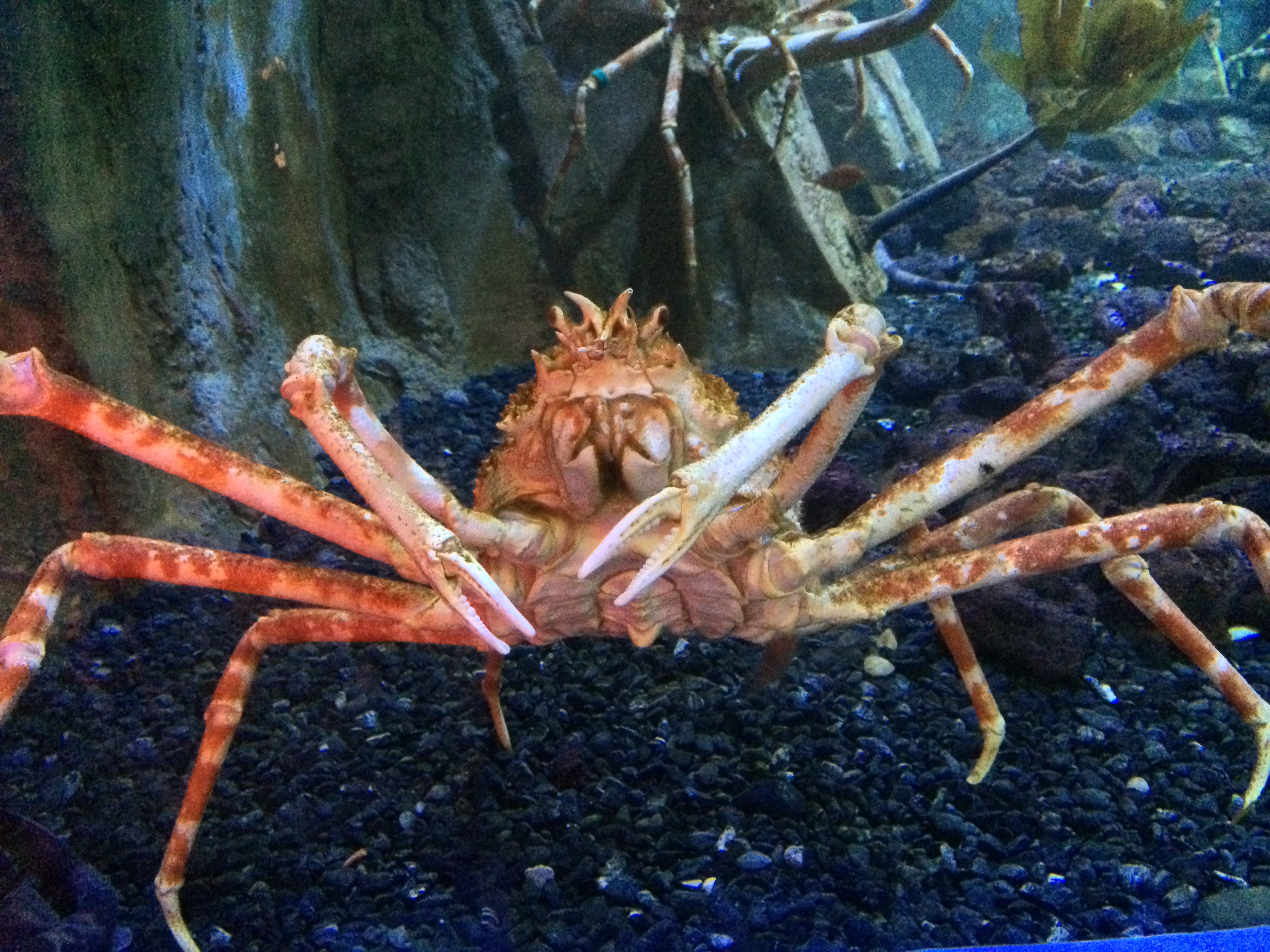
And I was taken aback by what I could see: a complete civilisation of marine life; colourful corals, some as big as a desk; myriad fish large and small slipping through the silence like weightless vessels in a translucent blue cosmos . . .
I drifted, eventually unaware of my own breathing as I tried to discreetly follow one fish after another as they went about their world.
There was palpable energy and even a sense of fear and alertness down there: one sudden or unexpected movement set off a chain a quick escapes, refuge in coral or great leaves of seaweed. Fish glistened yellow and iridescent blue, bright shades of silver as large brown crabs crept in stately silent parades along the rock and sand.
I swam a little, drifted with an unfelt current and barely lifted my head for minutes and minutes, then tens of minutes.
I was lost in a world of mystery and wonder where all life seemed integrated.
I was in a dream of life as much as its reality.
After some considerable time I poked my head back into the world I knew and realised I was a very long way from the shore, I'd been literally transported by the experience.
I made my way back slowly, constantly looking at the underwater pathways which fish appeared to travel along.
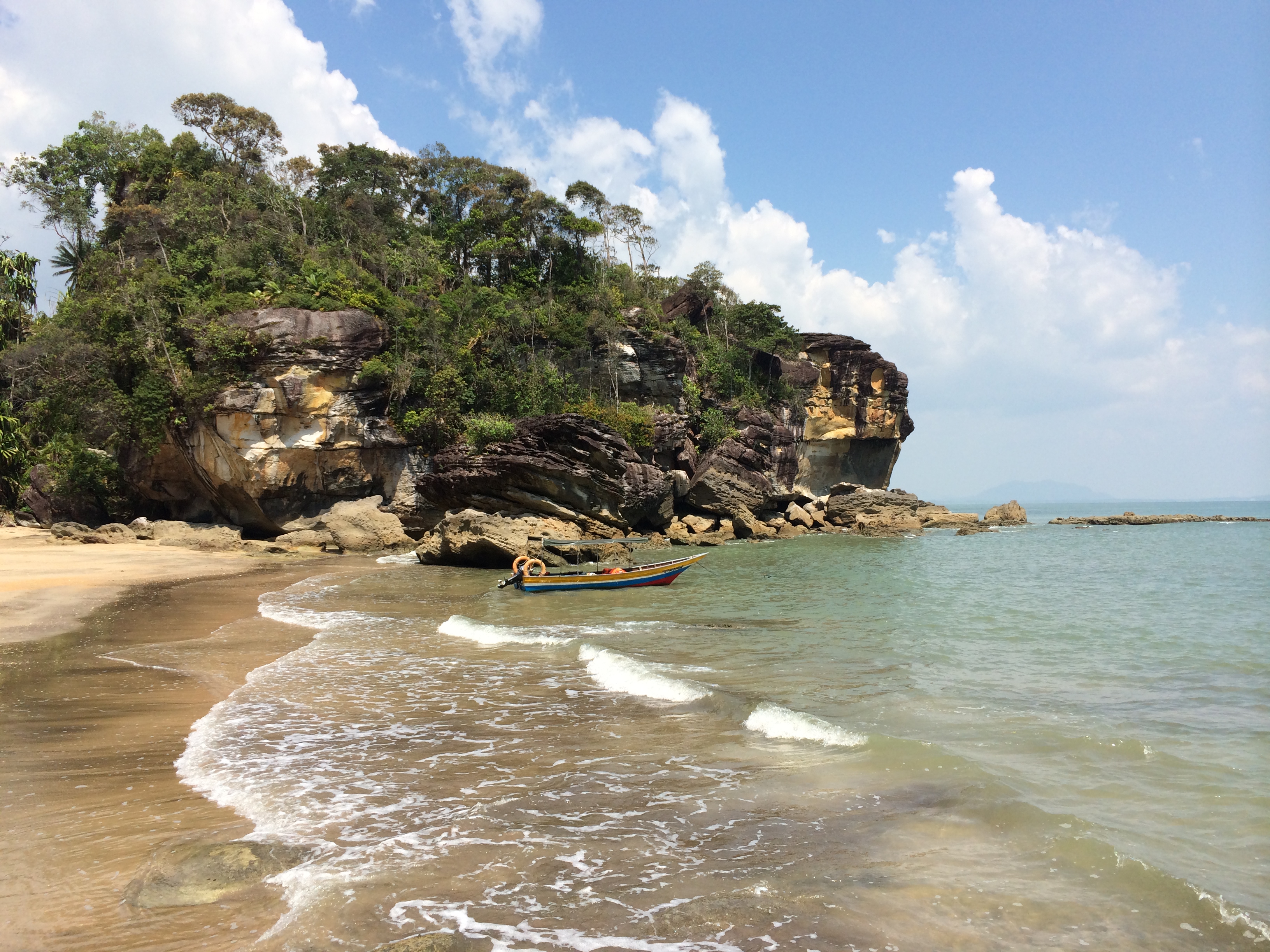
We sat and drank Mekong whisky as the sun set on a mesmerising day.
That night I was in excruciating pain.
I had severe sunburn on my back and legs which which had been cooled by the ocean but seared by the relentless rays from the clear blue sky.
In the following years I tried to recapture the wonder of that day – always wearing a t-shirt and sunscreen – but never quite could.
Palolo Deep in Samoa offered a terrifying and sudden drop to unfathomable depths, the Great Barrier Reef was wonderful to behold (back then) and off the coast of West Florida I swam with large fish . . . but then a current shoved me sideways onto the rusting oil derrick we'd used as a diving platform and ripped a fist-sized piece of skin off my thigh.
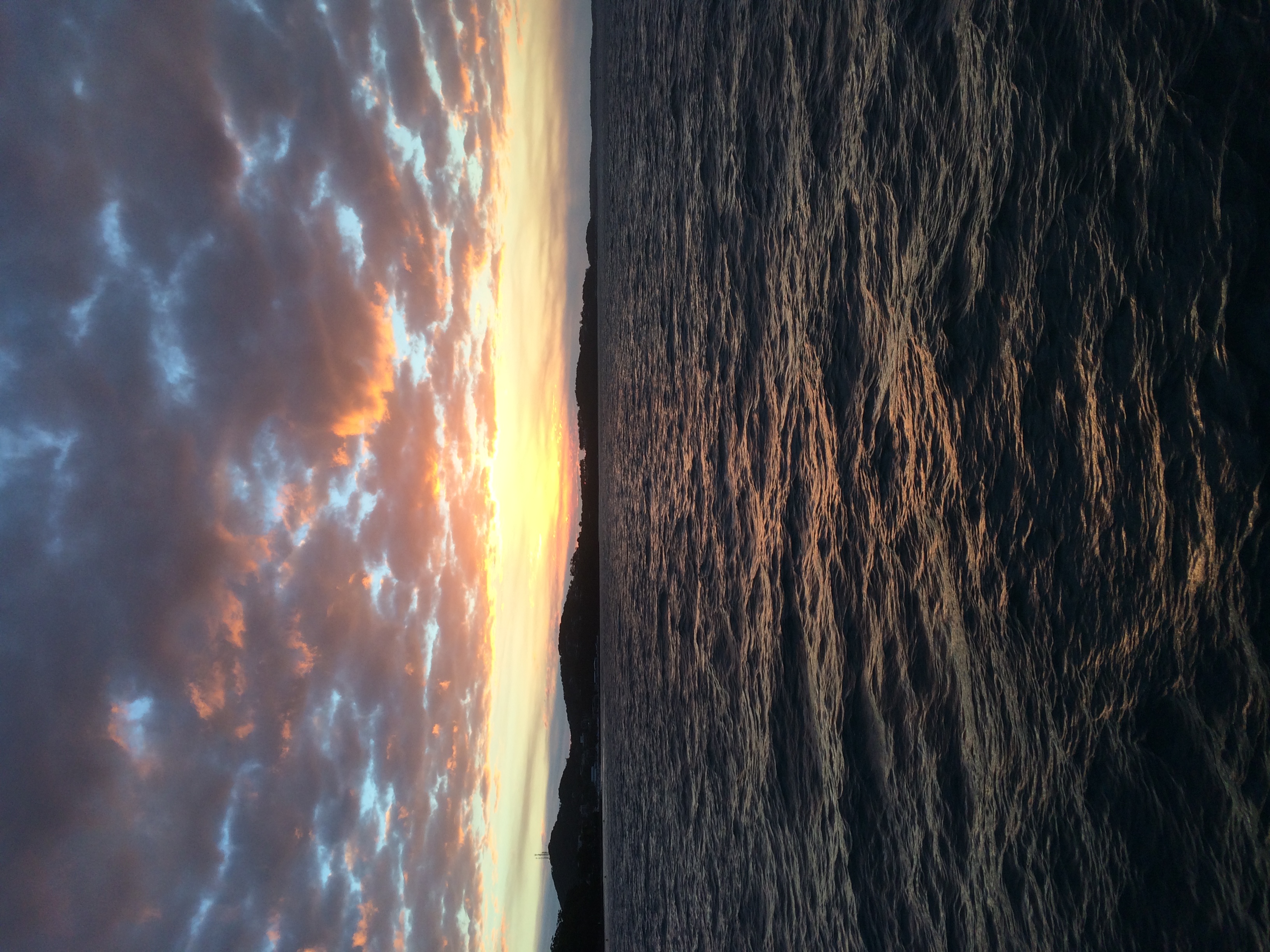
Maybe the pleasure of swimming with the fishes comes with too high a price for me to pay?
But this is just what I have to say.
Someone like Martin McInnes in the much-recommended In Ascension explains so much better and more concisely the feeling of that unforgettable moment of realisation I had in the Gulf of Thailand all those decades ago.
“In what felt like minutes, but must have been only seconds, I saw a completely different world, a place of significance and complexity, an almost infinite number of independent organisms among which I floated like a net . . .”
.
.
These entries are of little consequence to anyone other than me Graham Reid, the author of this site, and maybe my family, researchers and those with too much time on their hands.
Enjoy these random oddities at Personal Elsewhere.


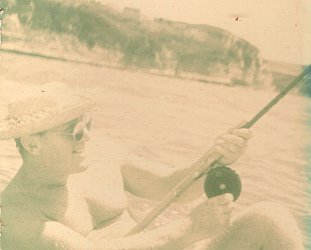

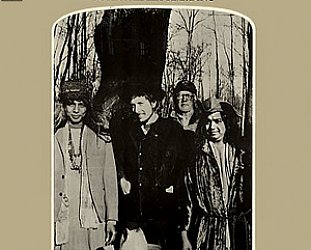
post a comment